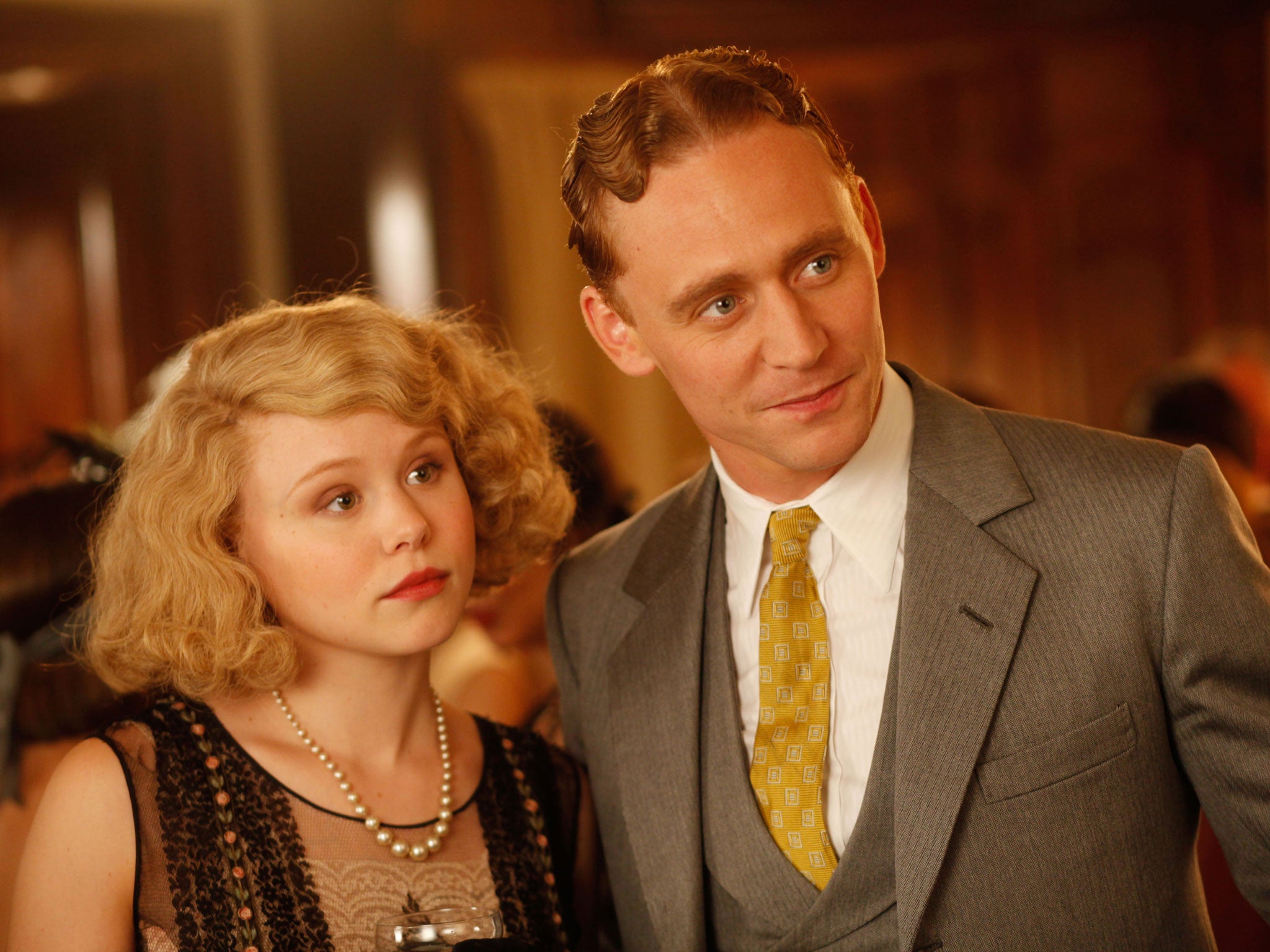Your support helps us to tell the story
From reproductive rights to climate change to Big Tech, The Independent is on the ground when the story is developing. Whether it's investigating the financials of Elon Musk's pro-Trump PAC or producing our latest documentary, 'The A Word', which shines a light on the American women fighting for reproductive rights, we know how important it is to parse out the facts from the messaging.
At such a critical moment in US history, we need reporters on the ground. Your donation allows us to keep sending journalists to speak to both sides of the story.
The Independent is trusted by Americans across the entire political spectrum. And unlike many other quality news outlets, we choose not to lock Americans out of our reporting and analysis with paywalls. We believe quality journalism should be available to everyone, paid for by those who can afford it.
Your support makes all the difference.Why are so many of today's novelists driven to fictionalise the lives of their illustrious predecessors?
One reason, I suspect, is that novelists enjoy inhabiting their heroes' worlds and projecting their imaginations into the gaps which are off-limits to biographers. But do such books amount to more than a literary branch of the heritage industry?
As a direct descendant of Herman Melville, Liza Klaussmann has classic American literature in her blood. Her second novel, Villa America (Picador, £14.99), concerns Gerald and Sara Murphy, the couple who provided the inspiration for F Scott Fitzgerald's Tender is the Night. At their villa on the French Riviera, they host celebrated guests, including Fitzgerald, his wife Zelda and Ernest Hemingway, but Klaussmann's determination to namecheck luminaries occasionally overflows into silliness: "While the Porters had decided not to return, they'd eventually managed to convince Pablo Picasso – whom they'd met in Paris while painting sets at Diaghilev's atelier for the Ballet Russes – to come down…"
Hemingway is unpredictable and macho while Fitzgerald is a needy drunk: "Ernest's work was good, it was fresh and new. And Scott wanted the world to know that. But that didn't mean they had to love Ernest more." Klaussmann's jazz age repartee is as fizzy as the cocktails and the Murphys' tragic denouement is affecting. It's Midnight in Paris by the sea, sans Woody Allen's comic timing or philosophical depth.
Norah Vincent's Adeline: A novel of Virginia Woolf (Virago, £14.99) takes its title from the name given to its protagonist at birth (her mother came to prefer "Virginia" because "Adeline" was a dead aunt's name). "Adeline", a vision of Woolf as a child, visits the writer as she reviews her life. The Bloomsbury Group is richly rendered, with deft depictions of "society barnacles" at Ottoline Morrell's salons, and Lytton Strachey who "was somehow not indigenous to the stifling culture into which he had been born..."
Adeline lapses into clumsy exposition when we meet "Tom Eliot", whose "abstruse and ground-breaking" poem "The Waste Land" makes him "the towering literary figure he had long dreamt of being". Woolf's relationships with her husband Leonard and sister Vanessa are carefully dramatised, as is her battle with depression and the way she feels "newly failed" every time she completes a book. Vincent's use of a prose style verging on stream of consciousness is particularly effective and affecting as Woolf nears her tragic end on the River Ouse.
Adeline makes a more serious attempt than Villa America to engage with the social convulsions of its historical setting and the relationship between artistic expression and personal suffering. However, both novels' preoccupation with the lives of great artists strikes me as self-defeating and against the spirit of their subject matter. I can't help thinking that, if we keep writing novels about great novelists, there will be no more great novels.
Lisa Pliscou calls her illustrated book Young Jane Austen: Becoming a Writer (Wyatt-Mackenzie Publishing, $15.75) a "speculative biography". In her introduction, Pliscou quotes David Shields, whetting the appetite for a hybrid work which will apply to Austen's life contemporary discourses about the porous border between fact and fiction. What follows, however, is a thin, pseudo-novelisation of her childhood, with annotations which provide historical context, neuroscientific speculation about the sources of creativity and, more helpfully, information concerning Austen's upbringing in her bookish family. I have no idea who this book is aimed at but it's certainly not for readers who are interested in Austen.

Join our commenting forum
Join thought-provoking conversations, follow other Independent readers and see their replies
Comments